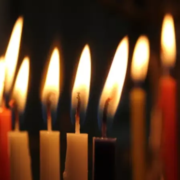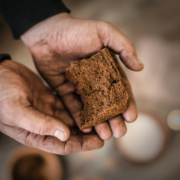This guest post is the D’var Torah that CBI member and cantorial soloist Ziva Larson offered at Shabbat Morning Services on Saturday, July 22, 2023.
“…Reproductive justice is a much broader framework than simply ‘the right to choose,; or even the right to choose plus access to safe reliable healthcare. It’s about everything: access to food, affordable shelter, education, ending carceral foster care, ending gun violence, and more. All of these are part of what it would really look like to rear children in a just world….”
This year, the b-mitzvah students and I are studying Jewish values. At the start of the school year we focused on teshuvah, repentance or return — the value at the heart of the Days of Awe. After that, we began a unit on b’tzelem Elohim: the idea that we are all made in the image of God.
This guest post is the D’var Torah that CBI member Ziva Larson offered at Rosh Hashanah 2 Morning Services on Tuesday, September 27, 2022.
This guest post is the D’var Torah that CBI member Ziva Larson offered at Shabbat Morning Services on Saturday, August 27, 2022.
My heart keeps breaking at the news emerging from the Supreme Court.
We knew that the end of Roe was coming. It’s still a shock to the system, and portends a tremendous amount of suffering to come. Countless people will suffer and die because of today’s ruling, and we know that the consequences will be most dire for people of color and for those without the fiscal resources to travel to “safe” states where abortion is available.
This guest post is the D’var Torah that CBI member Ziva Larson offered at Kabbalat Shabbat services on Friday, June 17, 2022.
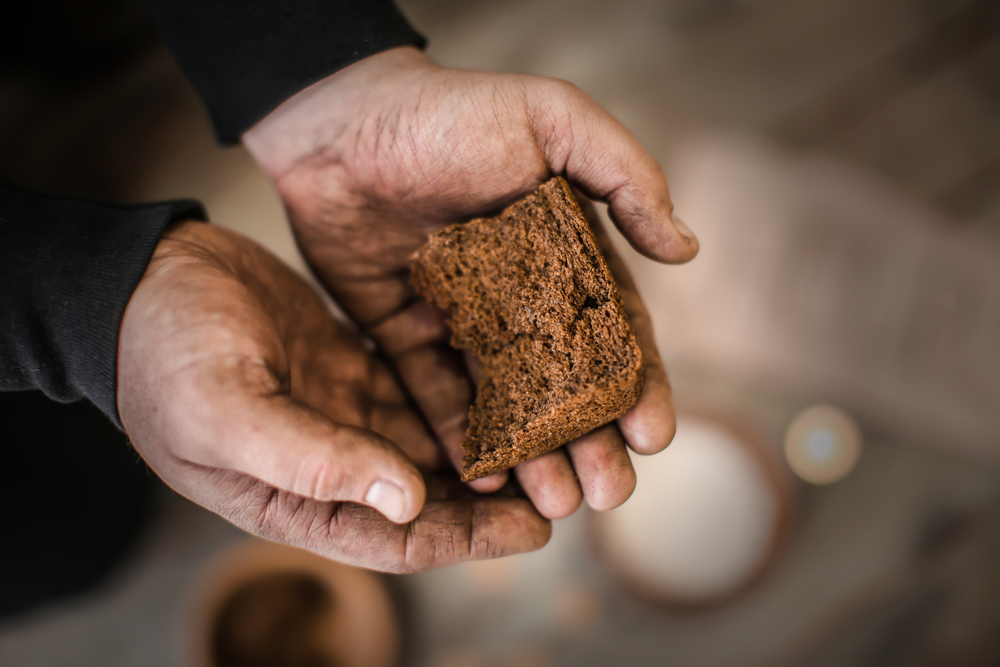
Dear Congregation Beth Israel members and friends,
During the Days of Awe, many synagogues hold food drives for dried and canned foods. We have done this for many years at CBI, in order that the Yom Kippur fast from food and drink be meaningful.
As it turns out, food pantries typically prefer monetary donations to canned food donations. Money doesn’t need to be sorted (as our bags of dried and canned foods do); money does not expire; money enables them to choose what they want and need to feed patrons, rather than relying on what are all-too-often unwanted old cans; and the food pantry can stretch our dollars to purchase more in bulk than what they would be able to provide via our donated cans and boxes alone.
Although not all of us fast from food and drink on Yom Kippur, we can choose to donate to local food pantries during this sacred season. Feeding the hungry is a mitzvah, and so is caring for our local community.
This year, please donate as you are able to help all who are hungry come and eat. You might donate to the Berkshire Food Project, the Friendship Food Pantry, or the Williamstown Food Pantry… or support Mazon: a Jewish response to hunger.
Jewish tradition holds that even one who receives tzedakah is obligated also to give it. What matters isn’t how much we can give, but that we give. Many of us have the luxury of knowing that our stomachs will grumble with hunger on our holy day of fasting but not on the days before and after. Let’s do what we can to ensure that no one in our community goes hungry.
G’mar chatimah tovah — may we be inscribed and sealed for goodness.
Blessings to all,
Rabbi Rachel

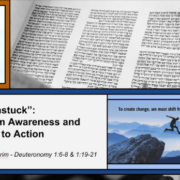
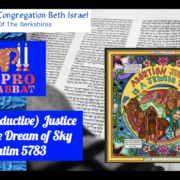
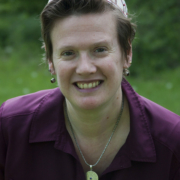

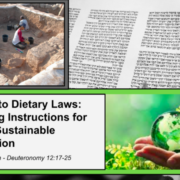
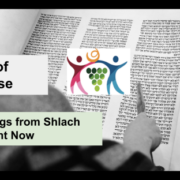
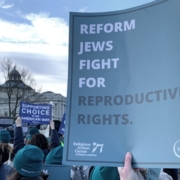 https://rac.org/blog/take-action-stand-abortion-rights-following-leaked-dobbs-v-jwho-decision
https://rac.org/blog/take-action-stand-abortion-rights-following-leaked-dobbs-v-jwho-decision